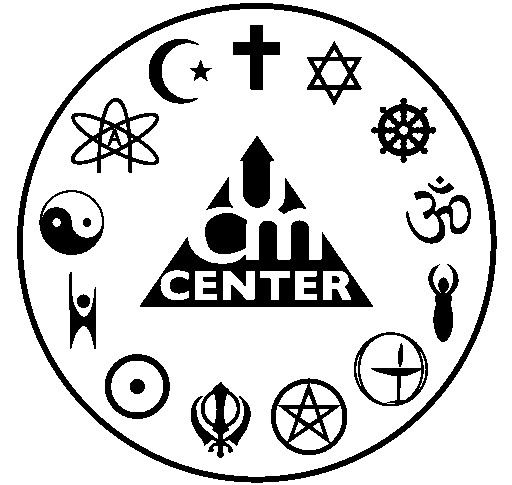The temptation to engage with politics as political theater, to see oneself as primarily a spectator in the political process, is strong. And we’re encouraged to do so by moneyed interests and the media they control. I know that at times I’ve succumbed to that temptation—and that those times have felt significantly less empowering than have the times when I’ve been engaged in pursuing my heartfelt mission and vision of a different, more compassionate community and world.
In many ways, elections are to politics what Christmas and Easter services are to Christian churches. They bring out a lot of people we never see at other times. But if enough of the people we see a lot do enough planning and preparation that what’s on offer at those big events is compelling, there’s a good chance we’ll see some of those new faces again. Which is, today (given the narrow scope of the electoral offerings, and the much broader scope of the individual and collective efforts toward transformation I’ve seen and been part of), both a sobering and a hopeful thought.
Gauging the success of organizing and coalition-building work by electoral success is a case of measuring things that can be measured because we can measure them. The things elections measure best are not the things we’re most interested in changing: hearts, minds, understanding of the interdependent nature of our existence in this place and on this planet. Working to transform those things is the kind of life-giving activity that springs from a much deeper well of passion and purpose, and that has always been UCM’s primary work.
I was reading, in the November 2018 issue of The Sun, an interview with Stacy Mitchell, a thoughtful critic of big-box-store economies and monopolistic online retailers like Amazon, and she made a powerful point about the impact of those institutions on the fabric of our communities and our propensity for civic engagement: “Economic relationships often involve other types of relationships, too. When you shop at a small business, you’re dealing with your neighbors. You’re buying from someone whose kids go to school with your kids. That matters for the health of communities. . . . The true value of having a vibrant local economy isn’t just in the bottom line of small businesses and the specific jobs they create. It’s also the notion that place matters. A community can nurture active citizens and help people realize their dreams and potential.” This sounds a lot like the Athens community I know—people who are connected and empowered by the multifaceted relationships they have with one another, and who carry that empowerment into the public and political spheres to drive real social innovation, inclusion, and transformation.
Today is a good day to breathe, to visit, to share a coffee or other beverage with a friend and comrade, and to reflect on the transformative work your relationship is doing in each of your lives. I know my relationships with the folks I’ve been working with for the last two years have changed me in deep and lasting ways. And for that, today I’m giving thanks and praise.
And in case you still need a little quantitative validation of the transformative work you’ve been throwing your heart and soul into all election season, I offer these significant milestones, shared by our friends at Equitas:
|
Shattering the previous record, at least 114 women won statewide or federal seats across the country—including 94 US House seats, 12 US Senate seats, and 8 Governorships. These women include a number of firsts: the country’s first Muslim and first Native American women elected to Congress, the youngest women elected to Congress, Massachusetts’ first black congresswoman, the first woman Governor of Guam, and the first two Latina congresswomen from Texas.
Colorado elected the country’s first openly gay Governor.
In statehouses across the country 129 LGBTQ state legislators will soon take office—including Ohio’s own Senator-Elect Nickie Antonio, who will be the state’s first openly LGBTQ State Senator.
|
Shift happens. Thanks for helping it along.
